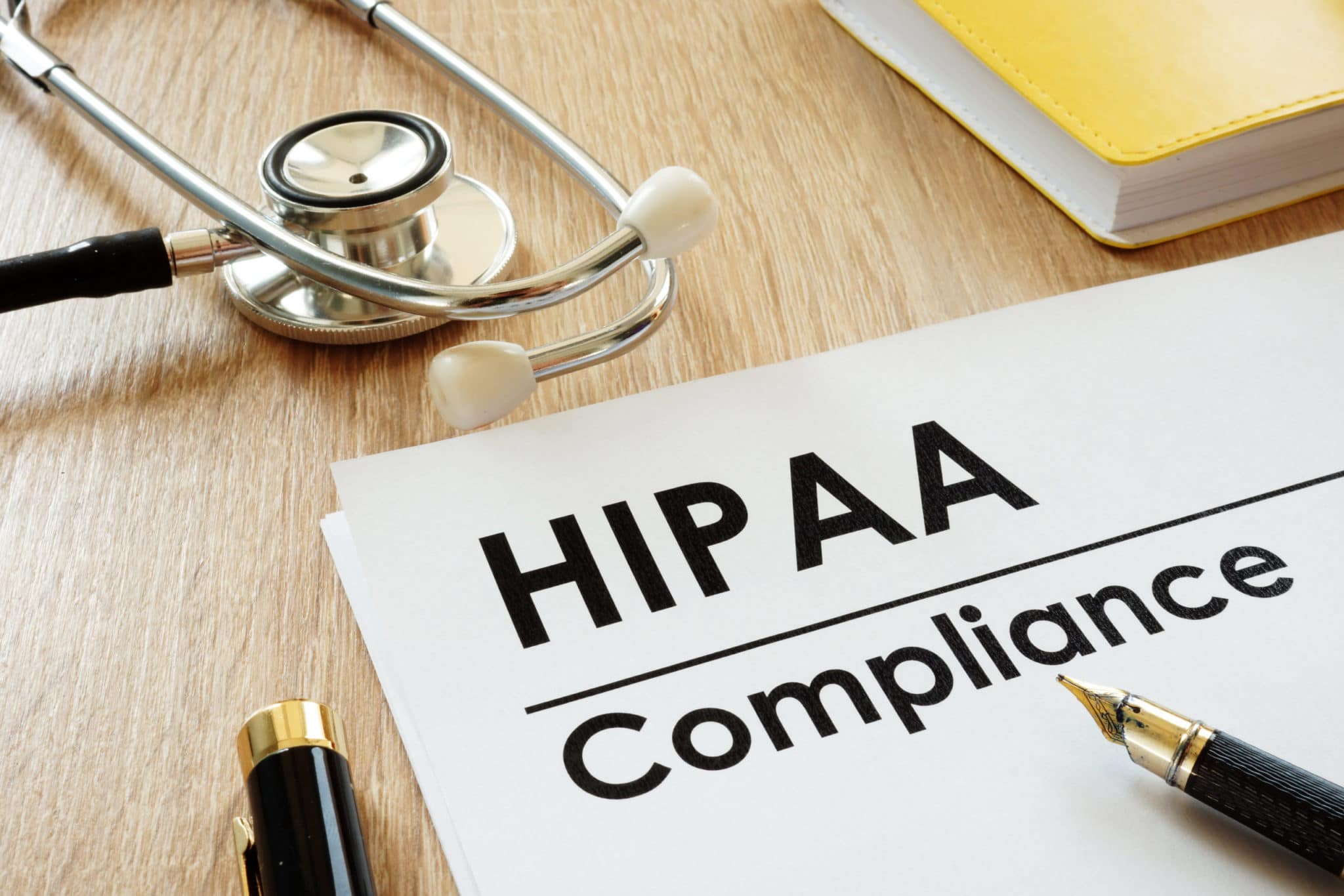- Resources
- Navigating the Interplay of Bates Stamping and HIPAA Compliance in Medical Records
Navigating the Interplay of Bates Stamping and HIPAA Compliance in Medical Records
August 25, 2024

Two critical aspects often come together in managing healthcare records: Bates stamping and HIPAA adherence. Both are crucial for guaranteeing the honesty, privacy, and availability of medical records within the medical sector. Grasping the interaction between these two factors is vital for medical professionals and institutions working to uphold adherence while effectively handling large volumes of paperwork.
Bates stamping, a procedure named after the Bates Manufacturing Company, entails consecutively numbering documents for identification and monitoring. Initially employed in the legal area to arrange and reference documents during legal disputes, Bates stamping has entered various sectors, including healthcare. In managing scientific facts, the Bates stamp serves several roles, such as helping to organize files, tracking edits, and simplifying record search tactics.
The Health Insurance Portability and Accountability Act (HIPAA) is fundamental to patient confidentiality and data security in the United States healthcare setting. HIPAA sets unique rules for protecting and sharing patients’ private scientific information. Compliance with HIPAA guidelines is critical for scientific vendors and institutions, as violations can result in huge fines and jail time. Bates stamping and HIPAA compliance pose distinct challenges and considerations for medical professionals.
While Bates stamping improves medical records and retrieval, it must be executed in a way that aligns with HIPAA standards to preserve patient secrecy. A significant issue related to Bates stamping on medical records is the risk of exposing sensitive patient data. The unique identification numbers assigned during Bates stamping could inadvertently disclose private health details if not appropriately managed. Hence, medical entities must establish protocols and practices to uphold patient confidentiality while implementing Bates stamping procedures.
Medical professionals can use methods like censoring confidential data before marking documents or utilizing electronic marking tools with built-in privacy features to reduce the risk of sensitive information exposure. These tactics allow medical workers to enjoy the advantages of marking documents while following regulations. Moreover, meeting regulations goes beyond safeguarding patient data to cover the safe storage, transfer, and disposal of medical records.
Medical institutions must evaluate their marking practices by data security and access control requirements. For instance, stamped documents should be kept in secure digital or physical storage units with limited access to authorized staff. Additionally, medical providers must deploy encryption and other security techniques to protect stamped documents during transmission, such as when exchanging medical records with different medical organizations or legal experts.
Furthermore, HIPAA requires appropriate protocols for disposing of healthcare records, including those marked. Medical organizations must ensure that stamped documents are securely eliminated after their storage period to prevent unauthorized entry or disclosure. In the age of digital innovation, numerous medical providers are shifting from conventional paper-based record-keeping systems to electronic health record (EHR) platforms.
Bates stamping tools incorporated into EHR systems offer various benefits, such as improved effectiveness, accuracy, and protection. Medical organizations can simplify document control processes while adhering to regulatory standards by stamping bates within HIPAA-compliant EHR platforms. Bates stamping solutions allow medical specialists to seamlessly assign sequential numbers to digital documents, with built-in protections to safeguard patient privacy and guarantee data protection. Additionally, bates stamping promotes the monitoring and examining document changes, which is vital for preserving the honesty and validity of medical records according to HIPAA criteria.
Medical providers can easily follow the past of stamped documents, including any adjustments or remarks made over time, ensuring openness and responsibility in record-keeping methods. Despite the benefits of Bates stamping, medical organizations must remain alert to possible cybersecurity dangers and flaws. Preserving EHR systems from unauthorized access, data breaches, and ransomware assaults is crucial to upholding HIPAA compliance and safeguarding patient information.
In summary, the interaction between Bates stamping and HIPAA adherence in medical records administration highlights the significance of harmonizing effectiveness with protection and confidentiality. Medical professionals must implement marking practices that conform to HIPAA rules to protect patient data while improving medical records management. Whether using conventional all-paper stamping methods or electronic solutions in EHR systems, healthcare facilities must prioritize data security, access control, and HIPAA compliance. By effectively managing the complexities of labeling and HIPAA compliance, medical professionals can understand the trust and privacy vital to delivering superior patient care in the most modern virtual generation.
The Allied Outsourcing, a prominent provider of comprehensive medical records management solutions, acknowledges the importance of Bates stamping in medical records administration and HIPAA adherence. Utilizing their proficiency in data processing and document handling, The Allied Outsourcing offers specialized Bates stamping services customized to the specific requirements of health organizations. With a dedication to confidentiality, precision, and regulatory adherence, The Allied Outsourcing guarantees that Bates stamping processes adhere to HIPAA guidelines, protecting patient privacy and confidentiality.
By collaborating with The Allied Outsourcing for Bates stamping services, medical professionals can streamline document administration processes while adhering to HIPAA regulations. The Allied Outsourcing’s efficient and reliable marking solutions empower health organizations to enhance medical records, monitoring, and retrieval, ultimately providing quality patient care. With The Allied Outsourcing as their trustworthy partner, medical professionals can navigate the interaction of Bates stamping and HIPAA compliance with assurance, knowing that their document administration requirements are in competent hands.
To know more, reach out to: https://thealliedoutsourcing.com/contact/
All Categories
- Agile Legal Support (1)
- Case Law (88)
- Case Studies (6)
- Demand Letter (14)
- Deposition Summaries (11)
- Legal Outsourcing (3)
- Legal Research (72)
- Marketing (1)
- Medical Summaries (14)
- Others (4)
- Personal Injury (54)
- Virtual Assistant (59)
- Virtual Paralegal (2)
Related Blogs




